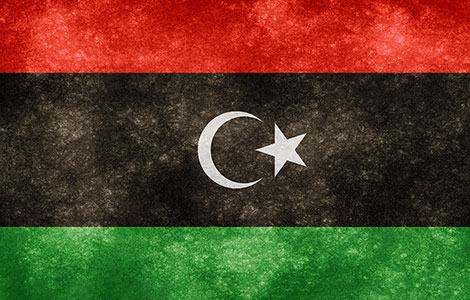
This article was originally published by openDemocracy on 12 August 2017.
In Arab countries, the EU is not seen as providing stability or promoting democracy. Asked what policies the EU should prioritise, survey respondents wanted ‘economic support’ and ‘economic development’.
Findings from the 2014 ArabTrans research in six MENA countries – Egypt, Iraq, Jordan, Libya, Morocco and Tunisia – shed light on what citizens think of the EU and whether its policies address their concerns. The EU recognised at the time of the Arab Uprisings that its policies had failed the people of the region and in 2011 it declared an intent to focus on promoting deep and sustainable democracy and inclusive economic development.
However, in practice the EU did not adapt its policy to address popular demands for social justice and economic rights but continued to promote a narrow procedural definition of democracy, to support authoritarian rulers and to implement liberal economic policies that have proved not to support economic development. This inability to address the structural causes of economic and political polarisation pose a serious risk to the Union’s long-term goals in the region.




